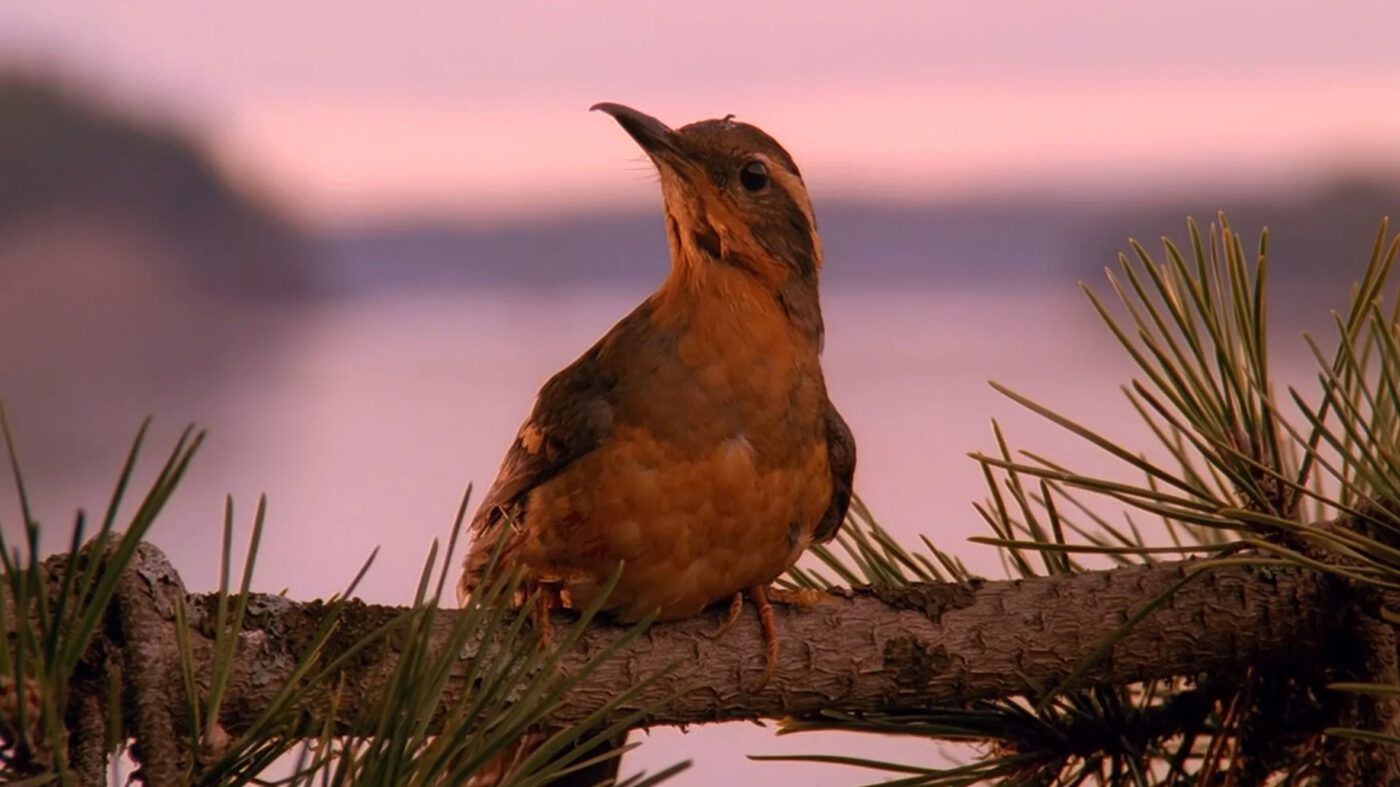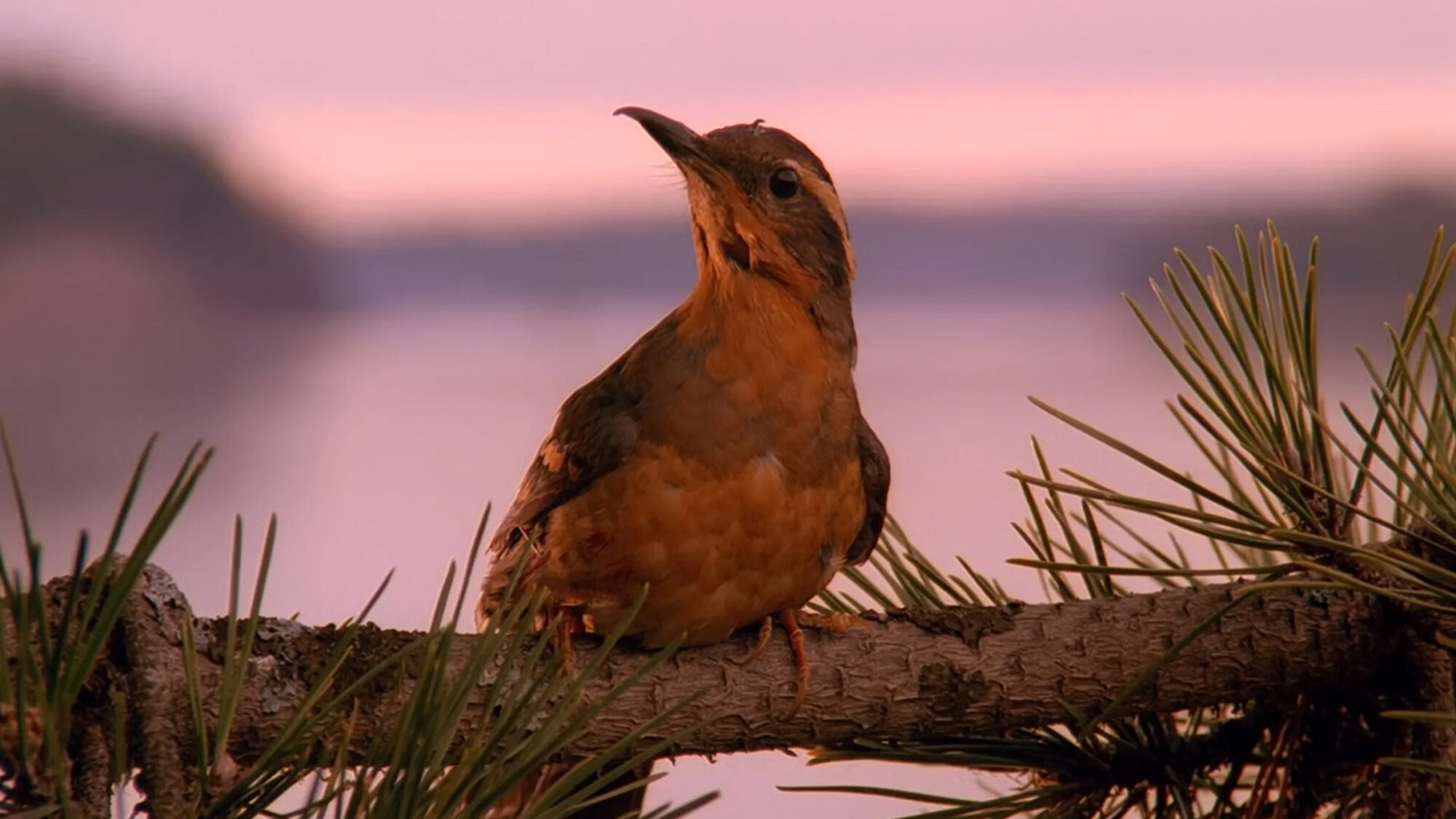
Station d’écologie forestière de l’Université Paris Cité, Fontainebleau
Research-creation seminar with Phoebe Hadjimarkos Clarke, Pablo Réol, David Posth-Kohler, Clara Aubonnet, Guillaume Larregle, and Baptiste Miremont.
FULL
As part of Phoebe Hadjimarkos Clarke’s writing residency “The Thick Present”, the seminar “Into the Woods” brings together artists, researchers, and students for a collective exploration of contemporary issues related to forests and fire.
This seminar takes Phoebe Hadjimarkos Clarke’s writing project as its starting point. Through a research process intertwining autobiographical investigation—centered on her grandmother Clara, a firewatch in the American West during the 1940s and 1950s—, scientific inquiry—examining the dynamics, causes, and consequences of today’s wildfires—and fictional exploration—imagining a secret community of pyromaniacs living an utopian, joyous, and radical relationship with fire—the author interrogates fire management practices, gendered relationships with nature, and the impact of fire suppression policies on ecosystems. The forest, as a space of tension between the real and the imaginary, becomes “a narrative that compels us to recognize the world in its tangibility” and “a place (…) conducive to the emergence of fiction.”¹
This immersive and collective research session in the Fontainebleau Massif aims to explore the multiple dimensions of a context and what may—or may not—threaten it, by interweaving landscape, scientific, fictional, and artistic perspectives. Through contributions from artists, scientists, authors, and ecologists, the seminar provides a unique opportunity to combine knowledge and sensibilities, and to rethink our interactions with living systems in a context shaped by environmental crises. Discussions, workshops, field explorations, and presentations will nurture collective reflection on ecological imaginaries, sustainable practices, and how research-creation can shape sensitive and poetic responses to contemporary challenges.
¹See Pierre Schoentjes, Ce qui a lieu. Essai d’écopoétique, Marseille, Wildproject, 2015. Our translation.
Practical Information:
Forest Ecology Station – Université Paris Cité
Route de la Tour Dénecourt, 77 300 Fontainebleau
Station Fontainebleau-Avon (Line R or TER from Paris Gare de Lyon), 10 minutes’ walk from the station.
Program:
• Friday February 7th
Morning
From 10 am to 10:30 am
Tea & coffee reception
From 10:30 am to 11 am
Introduction by Émilie Renard, Nathalie Blanc and Elena Lespes Muñoz
From 11 am to 12 pm
Phoebe Hadjimarkos Clarke
From 12 pm to 12:30 pm
Discussions
Afternoon
From 2 pm to 3:30 pm
Pablo Réol & David Posth-Kohler: The Quest
The project The Quest recounts the experience of artists within a temporary community of mushroom pickers in the burned forests of Canada. Spanning several months in 2019 and 2024, this video and photography work depicts the daily lives of people earning their living under extreme conditions. In spring, groups gather in the heart of charred forests, where lucrative fire morels grow, to share a one-of-a-kind foraging experience. Life in camps without water or electricity, and the exhausting work in the forest in pursuit of individual material gain, amplify solidarity and friendships among precarious workers who arrived there through their own efforts. Through their lens, Pablo Réol and David Posth-Kohler immerse themselves in a moment suspended between desolation and renewal, capturing the poetry of landscapes scarred by fire, where social norms are imported and reinvented in the shadow of a wounded nature.
– Break –
From 4 pm to 5 pm
Clara Aubonnet : The Challenges of Wildfires Through the Lens of Humanities and Social Sciences Research: Intersecting Temporalities, Scales, and Narratives. The Case of the American Northwest
This presentation aims to explore the various issues surrounding wildfires through the example of the American Northwest, while examining the historical, geopolitical, and social perspectives that shape our understanding of these phenomena. Indeed, their complexity compels professionals and researchers to question their knowledge and practices, pushing them to go beyond the boundaries of their disciplines to collaborate with others. The goal is to provide keys to understanding, moving beyond the catastrophic imagery of fires engulfing entire neighborhoods, with practical examples and methodological tools.
From 5 pm to 5:30 pm
Discussions and conclusion of the day
– Break –
Evening
From 6:30 pm to 9 pm
Collective cooking and meal, followed by and evening of readings with Phoebe Hadjimarkos Clarke
• Saturday February 8th
From 9:30 am to 11 am
Naturalist tour in the Fontainebleau Forest with Guillaume Larregle, Coordinator of Studies and Biodiversity & Natura 2000 Facilitator for the Fontainebleau Massif.
From 11 am to 12 pm
Baptiste Miremont
Afternoon
From 1 pm to 4 pm
Participative workshop with Baptiste Miremont and Phoebe Hadjimarkos Clarke.
Caught in the grip of the eschatological anxiety that strikes anyone concerned with the disappearance of entire segments of life, we sometimes feel the need to project ourselves, to anticipate, and, perhaps, to hope a little. Aware that this shared inability for cognitive projection hinders us from fully grasping the environmental catastrophe ahead, the Rudérales collective conducts research to outline what our relationship with landscapes might look like in 2 100. This writing workshop represents one step in that effort. Drawing on the partial and subjective documentary corpus—comprising data, testimonies, and observations collected during the first day of the residency—participants will be invited to narrate a day in the forest in the year 2 100.
From 4 pm to 4:30
Discussions and conclusion of the seminar
Phœbe Hadjimarkos Clarke
Phœbe Hadjimarkos Clarke (born in 1987) is a French-American writer and translator. Her novels explore the relationships between humans, non-humans, the environment, and late capitalism. Her first novel, Tabor (Éditions du Sabot, 2021) combined queer anticipation and magical dystopia: Mona and Pauli have survived strange, massive, floods, and live together in Tabor, a rustic and ramshackle new world. In her second novel, Aliène (Éditions du Sous-sol, 2024, and France Inter Book Award winner), she once again questions our political futures. Fauvel, a thirty-something wounded by a rubber bullet during a protest, moves to a small, remote French village to dog-sit a friend’s father’s cloned mutt. In an uncanny, gothic atmosphere, the novel explores anxiety, fear, power relations and the alienating forces of our world. Phœbe Hadjimarkos Clarke also writes poetry (most recently 18 Brum’Hair, Rotolux Press, 2023, co-written with Martin Desinde) and is a translator specialising in the humanities.
Pablo Réol
Pablo Réol (born in 1989) is an artist. Through digital and analog collages, fabric printing, drawing, sewing, and photography, he explores the processes of image construction and the hierarchical relationships between everyday materials and those deemed exceptional. How does the digital materialize? What resists in the real? A poorly printed image, a stain. Guided by colors and techniques, he creates abstract shapes and letters in dialogue with fashion, advertising, and comics. His work features numerous portraits of friends, photos of street vendor displays, a beautiful texture, a well-lit object. Photography and drawing come together like poems. The whole forms an image, like in literature: we tell stories with images, and the images, in turn, tell stories to us and among themselves. He works at the Wonder workshops in Bobigny.
David Posth-Kohler
David Posth-Kohler (born in 1987 in Annecy) is an artist whose work explores the connections between bodies, objects, and narratives. His sculptures reveal an interest in a form of tinkering, where disassembling to reassemble becomes a way of exploring meaning. Every object moved, repurposed, or transformed carries an invisible narrative, inscribed within a poetic narration that anchors it in fables or unprecedented situations. Inspired by travel and displacement experiences, his perspective dwells on the tensions and blends that shape landscapes and individuals. His work oscillates between balance and chaos, between detached observation and physical immersion. Through hybrid forms, he proposes new existences for objects, changing their registers and giving them renewed meaning. Between memory and reinvention, he creates a universe where fragility and power, solitude and mingling, slowness and frenzy intersect. He lives and works in Paris.
Clara Aubonnet
Clara Aubonnet is a PhD candidate at the French Institute of Geopolitics. Her dissertation focuses on the multidimensional challenges of transboundary wildfires, based on a multiscalar and geopolitical analysis of cases in British Columbia, Canada, and Washington State, USA. The intensification of wildfires raises questions about sovereign governance policies, land-use planning, and power rivalries that hinder the necessary cooperation between multiple stakeholders (e.g., government institutions, NGOs, forestry companies, Indigenous and non-Indigenous local communities). Clara has also worked on operational strategies for wildfire response and on housing reconstruction issues in Santa Cruz County, California. Her work is organized around three complementary research dimensions: environmental, political, and socio-cultural.
Guillaume Larregle
Guillaume Larregle is the Studies and Biodiversity Coordinator & Natura 2000 Facilitator for the Fontainebleau Massif with the Naturalists Association of the Loing Valley and the Fontainebleau Massif (ANVL). ANVL is a naturalist association dedicated to promoting the discovery and study of natural sciences and contributing through its actions to biodiversity preservation. It is based at the Forest Ecology Station.
Baptiste Miremont
Baptiste Miremont develops a series of ensembles and subsets—gardens, installations, drawings, and texts—created as narratives about landscapes. His numerous participations in art and garden festivals showcase the living world in the context of climate change. His practice invites us to consider the garden as a space for envisioning the future of landscapes: between human depredation and the autonomy of non-human life. Before joining the Coloco agency as a project manager, he worked as a writer for television and the press. During a reportage for Revue XXI in 2015, he discovered vegetable farming in Northern California, left Paris, and worked on a ranch for three years. Upon his return to France, he resumed his studies to become a landscape designer, completing training in scientific ecology at AgroParisTech, followed by landscape theory at the École Nationale Supérieure du Paysage in Versailles. Since 2021, he has lectured to students in landscape design, architecture, and environmental sciences, focusing on the role of living organisms and their dynamics in landscape projects. In July 2024, he co-founded the collective Rudérales with Murielle Baticle (architect and landscape designer) and Orlando Clarke (stonemason and sculptor).
In collaboration with the Centre des Politiques de la Terre and the Culture Department of the Université Paris Cité
